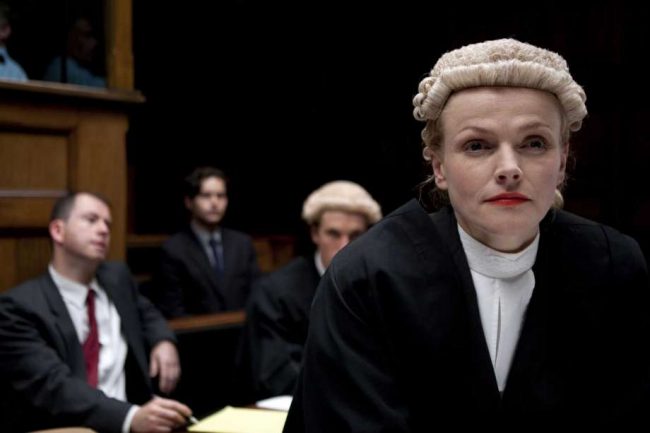Why do british lawyers and judges wear wigs?
British judges and lawyers (or barristers as they call them) kinda’ look like out of some Renaissance-themed Hollywood movie. It’s tradition, you may say and we agree, but haven’t you wondered why they’re still wearing the same old, horsehair wigs that look and probably feel quite uncomfortable?
Why do British lawyers and judges wear wigs?
The fact is, this tradition runs deep in their history, continue reading to learn more about its history. It is dated back to the 17th century when the uniforms and wigs were meant to help distinguish judges and lawyers from the other people.

It isn’t only the wigs that are interesting, it’s also the uniforms, view publisher site to learn the importance of lawyers wearing wigs. So, the law isn’t that boring, after all, at least not in Great Britain. Their custom work uniforms from Total Image Group are dependant on the seasons and the types of cases.
Many strict rules both for robes and wigs.
It seems it was quite a big deal back in 1625, when they wrote an academic paper on what the British high court officials should wear. The British courtroom wear is more than black and white. They also season these with robes of violet, green or scarlet, depending on the seasons or the types of cases, continue reading here to understand what each color stand for. The colors have changed over the years, but the wigs stayed. In the 17th century when they were thinking about how to dress the court members so they will look much different than the rest of society, wigs were an important fashion trend. By 1685, they became part of the British legal wear.
But why are they still wearing wigs?
A lot of things changed from the 17th century until today, but these British wigs didn’t. They represent the power of law and drive respect, much of which has been clarified on this important link, or at least for some people. There’s also a more practical reason why they still wear them: it makes them harder to be identified by criminals outside the courtroom. And last, but not least, the British definitely have a desire to keep close to their history and still pay homage to their ancestors and tradition.
